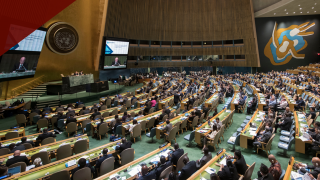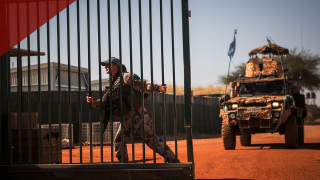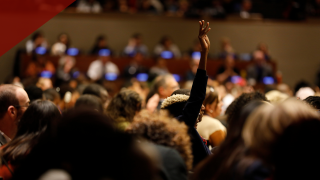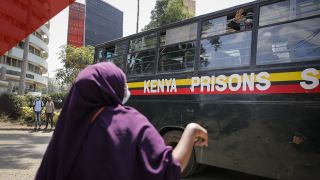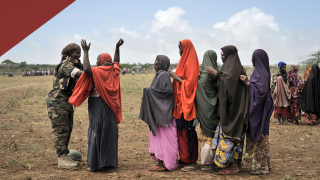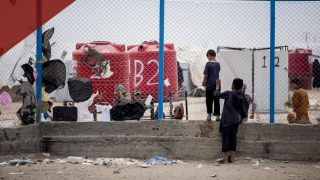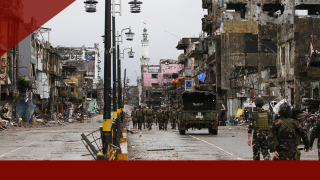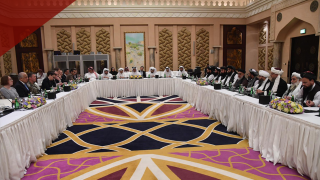Member states still agree on the need to counter terrorism in all its forms and manifestations with the sort of reinvigorated, networked multilateralism the Secretary-General called for during the seventy-fifth session of the General Assembly.
Tag: Counterterrorism and the UN
-
-
Experience from MINUSMA has shown that UN peace operations and counterterrorism are an uneasy match.
-
Civil society organizations (CSOs) are often more knowledgeable, experienced, and trusted by local communities than governments, and their contributions have been well documented across various aspects of counterterrorism and prevention.
-
Rehema Zaid, an activist in Kenya, discusses the experiences of local actors working on gender and preventing and countering violent extremism (P/CVE).
-
In counterterrorism and conflict-affected contexts, criminal domestic laws have continued to prevail over international humanitarian law, creating legal pressure on, and security risks for, humanitarian and medical personnel, along with their activities and facilities.
-
Profound recalibration, restraint, and meaningful oversight of counterterrorism practices and institutions are needed within the UN system in order to advance both human rights and security.
-
Absent international legal mechanisms and multilateral agreements to support the trial of ISIS detainees in northern Syria—including a resolution to adjudicate international crimes—domestic courts in member states are emerging as promising platforms for administering justice.
-
The roll-out of counterterrorism and P/CVE policies, plans, and projects in the Philippines is having a significant negative impact on peace, security, and the fulfillment of human rights in the country.
-
The complex effects of counterterrorism policies have impeded mediation efforts, impacted conflict dynamics, and created challenges to forging peace.
-
While the adoption of Resolution 1373 signaled intent by the Security Council to appear responsive, it left more questions than answers about the role and impact of the United Nations in addressing an increasingly transnational threat posed by violent non-state actors.
